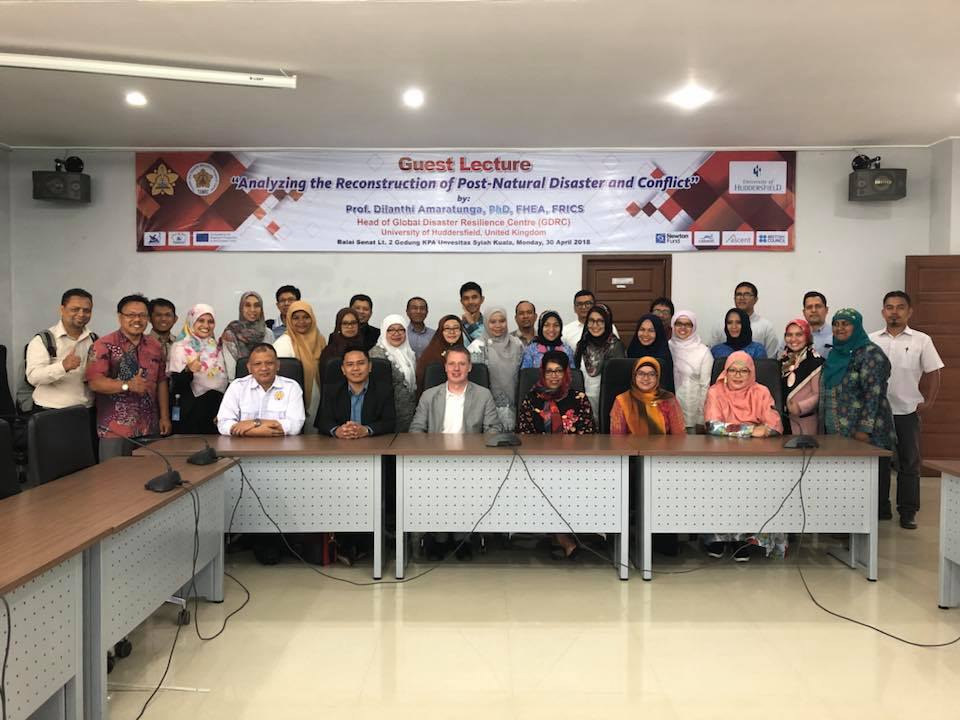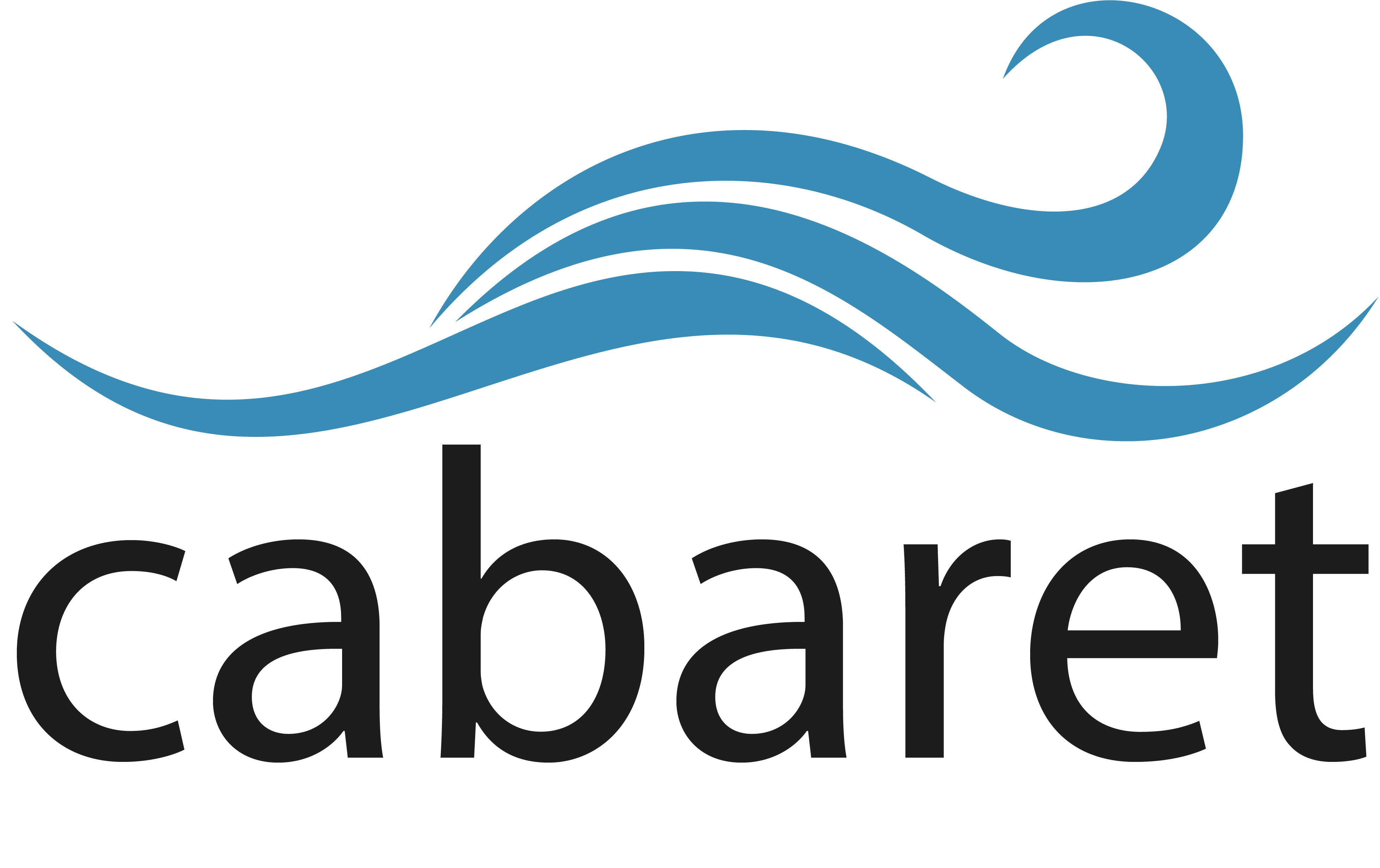News
Ms. Milvia van RIJ-BRIZZI, Head of Department, Department A- Erasumus+, EU Aid Volunteers and Ms. Anila Troshani Head of Sector, European Commission, Education, Audiovisual and Culture Executive Agency (EACEA) visited University of Yangon on 28th November 2017 for monitoring 4 Erasmus+ projects belong to University of Yangon. Capacity Building in Asia for Resilience Education (CABARET) is one of these 4 Erasmus+ projects received participating University of Yangon. In the meeting, Rector of University of Yangon also presented and discussed on the strategy of the university to participate in Erasmus+, identified the management structures put on place and explained the implementation status for each project. Dr Aung Kyaw, Pro-Rector, University of Yangon and in charge of CABARET Project presented about the works done under the project. In 29th November 2017, Dr Aung Kyaw presented the brief of CABARET Project in cluster meeting hosted by Erasmus+ in Royal Garden Hotel, Yangon City. Dr Aung Kyaw also participated in the information day of Erasmus as a representative of CABARET project participated in the panel discussion as a panelist and discussed about internationalization of university on 30th November 2017 at the same hotel.
CABARET COUNTRY COORDINATOR, DR MARLON ERA PARTICIPATES IN INTERNATIONAL DISASTER REDUCTION WORKSHOP
SDRC Research Fellow Dr. Marlon Era, Philippine country coordinator of the CApacity Building in Asia for Resilience EducaTion (CABARET) Project, was one of four moderators on the organizing committee for the international workshop on “Localising Strategies for Making Cities Resilient to Disasters.” The workshop, held from January 22 to 26, 2018 at the Henry Sy, Sr. Hall, was co-sponsored by DLSU, the University of Huddersfield, the British Council and the Newton Fund. It aimed to gather academe and local stakeholders to identify strategies that can be used to assess and build a city’s resilience to disasters, using the “Ten Essentials for Making Cities Resilient.” These essentials serve as a guide to good disaster risk reduction (DRR) practices and focus on the ability of a city to plan for, mitigate, respond, recover, adapt and grow after major disasters in the light of its unique physical, economic, environmental and social circumstances. Communities in the Philippines need support by way of mainstreaming the "Ten Essentials” within their practices, and to build up relevant capacity. The workshop sought to assist academe in building networks that include local government units to promote dialogue and cooperation in enhancing the resilience in cities.
The “Symposium on Creating University-Industry Links” was held on 12th March 2018 at the Ministry of Primary Industries, Battaramulla, Sri Lanka. The symposium was jointly organized by the Ministry of Primary Industries (MOPI), Sri Lanka and University of Central Lancashire (UCLan), UK in partnership with CABARET (Capacity Building in Asia for Resilience EducaTion) and ASCENT (Advancing Skills Creation to Enhance Transformation) projects funded by the EU Erasmus+ programme. Prof. K.D.N. Weerasinghe – Consultant of MOP, and Dr. Champika Liyanage – Reader at UCLan, were the co-chairs of the Symposium.
The symposium brought together more than 60 academics, policy makers, industry professionals and financial institutions involved in university – industry collaborations. The event consisted of several inaugural speeches from distinguish invitees, thematic presentations of related to university – industry links and a final roundtable discussion. The distinguished invitees included Mr. Daya Gamage (Hon Minister of Primary Industries); Eng. Bandula Wickramarachchi (Secretary of MOPI); Prof. Ananda Jayawardana (Director general of National Science Foundation); Prof. P.S.M. Gunarathna (Vice Chairman of University Grants Commission); Prof. Sampath Amaratunge (Vice Chancellor of University of Sri Jayawardenepura); Prof. Kapila Perera (Vice Chancellor of University of Moratuwa); and Dr. Martin Brown (Director of Business Development at UCLan). The symposium unveiled a number of practical implications to develop university – industry links based on both Sri Lankan and UK experiences. During the roundtable discussions, current status, best practices and challenges related to creating university – industry linkages in Sri Lanka were discussed in-detail. The symposium concluded by identifying prospective policy priorities to improve university – industry linkages in Sri Lanka.

Prof Dilanthi Amaratunga, CABARET Co-Leader, delivered a guest lecture on 30th April 2018 on Applying the Reconstruction of Post- Natural Disasters and Conflicts in Ache Indonesia. Prof Richard Haigh also participated at this fruitful event.
The visit to Malta was initiated by participating academics from Maldives and Malta in the CABARET project during CABARET steering committee meetings held in Sri Lanka and Spain in 2017. Dr Shazla Mohamed, Dean of Faculty of Engineering, Science and Technology and Dr. Ruben Paul Borg, Senior Lecturer from faculty of the Built Environment, identified the need for collaboration between both institutions, especially in the context of small islands nations. The main areas of focus during the discussions were to explore opportunities of common interest in research and education. In February 2018, Dr Ruben invited, Deputy Vice Chancellor of the Maldives National University Ms Aishath Shaheen and Lecturer Fathmath Shadiya to visit University of Malta.
The main objective of the visit was to discuss the CABARET project research activities, areas of mutual interest and collaborative research including but not limited to Disaster Resilience in the built environment, resource management, materials in building and civil engineering and quality management.


